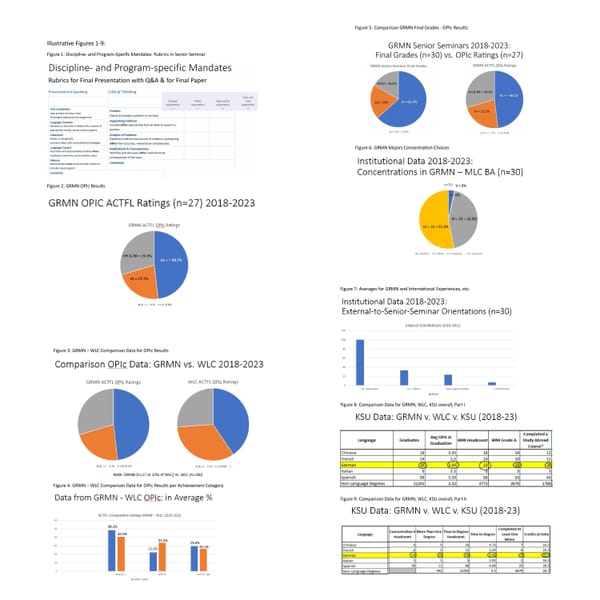Service-Learning at KSU

Service-Learning has been recognized as a pedagogical strategy, operationalizing community-based learning within academic programs. The approach, endorsed by the AACU, integrates experiential learning with community partners as a crucial instructional strategy, offering students direct exposure to the issues studied in the curriculum. The key elements involve applying classroom learning to real-world settings and reflecting on experiences in the classroom. Service-Learning emphasizes the value of contributing to the community, preparing students for citizenship, work, and life.
In essence, Service-Learning is an intentional and collaborative pedagogical practice, engaging students to address community needs while enhancing their understanding of course content and fostering civic responsibility (Bringle & Hatcher, 1996). Key characteristics of an engaged Service-Learning experience include academic integration, purposeful alignment of service projects with community needs and academic outcomes, a cumulative building of knowledge, evaluation based on learning outcomes rather than hours served, structured reflection processes, and valuing community partners' knowledge and experience.
A well-practiced Service-Learning experience involves community partners in course and project planning, establishing a collaborative and reciprocal relationship among faculty, students, and partners. The projects are real-world challenges that participants collaboratively address. This approach distinguishes Service-Learning from mere community service or volunteerism, emphasizing its academic integration, intentional design, and the reciprocal relationship between the educational institution and the community.





